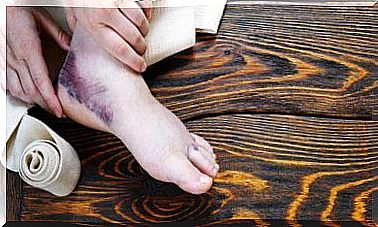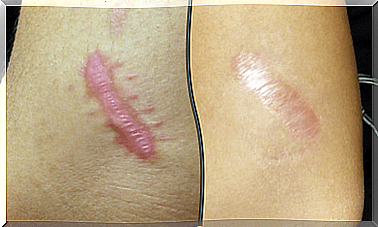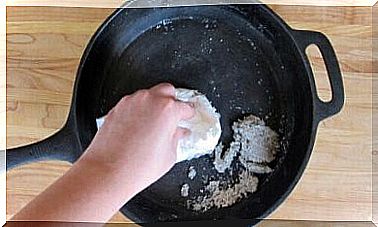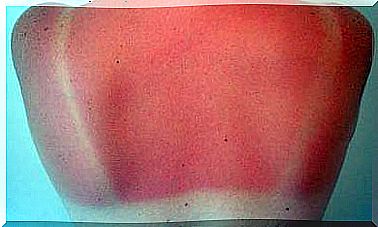Symptoms Of Appendicitis In Children

Appendicitis in children is very common.
It is caused by an inflammation of the appendix, a tubular appendage from the colon. It can affect people of all ages, although it rarely occurs in children under 2 years of age.
The most common symptoms of appendicitis can vary with age, but a doctor will be able to give a correct diagnosis and decide if surgery is necessary.
What causes appendicitis?
The appendix can be blocked for several different reasons:
- Clogging caused by hard stools
- Inflammation of the lymph tissue in the intestine
- Parasites
When the appendix is blocked, it develops into inflammation and the first symptoms occur: pain. When this happens, bacteria multiply rapidly. The appendix becomes inflamed and it can rupture if it is not removed within a short time, which is a major health risk and can be life-threatening for a child.
The main symptoms of appendicitis in children
Just as the appendix can vary in size from person to person, so do the symptoms from one child to another. These symptoms are well known, but they can also come from constipation or more serious illnesses.
It is not certain that you will experience all the symptoms. Therefore, it is important to see a doctor as soon as you notice any of the above. The doctor has experience in the field and can make the correct diagnosis.
The most common symptoms
1. Stomach pain
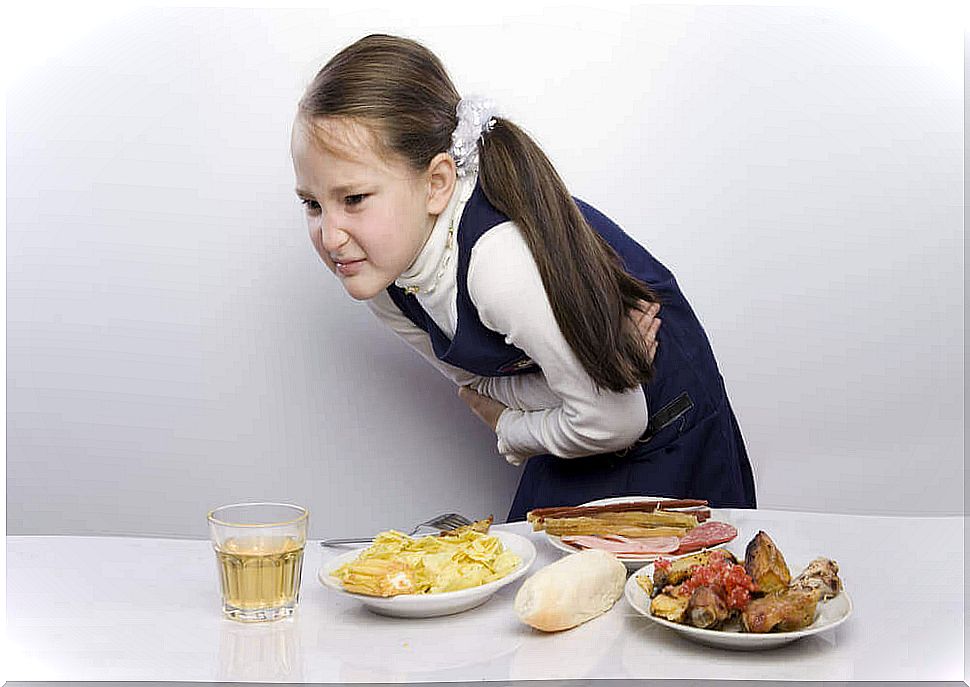
This is the most common symptom. The pain is felt around the navel and spreads down to the right side of the abdomen.
It gets worse if you press lightly on the stomach, when you breathe deeply or move. You may also feel numbness in the abdominal muscles and have pain when urinating.
2. Vomiting and poor appetite
Dizziness, nausea, vomiting and poor appetite are often associated when a child has appendicitis.
These symptoms can also occur in connection with other diseases, but if there is also abdominal pain then it may be related to appendicitis.
Elevated levels of white blood cells
When there is an inflammation or infection in the body, the body fights this by producing more white blood cells.
A blood test can easily tell you if there is an elevated value of white blood cells in the blood.
Uncommon symptoms
4. Fever

Fever can occur at the beginning of the course of the disease. This is especially true in children, although this is not common. High fever can also occur when the inflammation has progressed and the appendix has ruptured, and waste from the intestine has entered the abdominal cavity.
5. Diarrhea or constipation
These symptoms are not common, but they do occur. In that case, there will not be much diarrhea and not very fluid. It will be in small amounts and contain mucus.
Constipation can also occur.
Swelling in the abdominal region
Swollen or bloated stomach can occur in rare cases in children and young patients.
How do the symptoms vary with age?
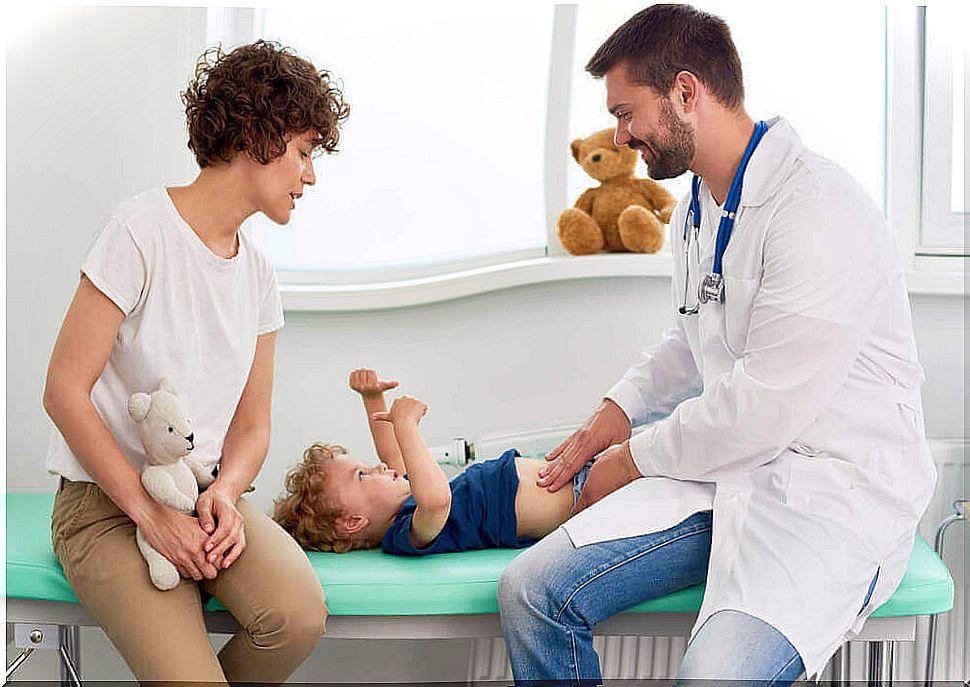
In children between the ages of five and twelve, and in teenagers, the symptoms are the same as in adults: abdominal pain, vomiting and poor appetite.
Appendicitis in children under one year is very rare. The most common symptom here is bloating, then vomiting and decreased appetite. It is also difficult to know if the child is in pain because he cannot express himself.
Since the appendix in children is very small, it is not common for it to become inflamed and cracked.
Appendicitis is also rare in children between one and five years of age. In cases where it occurs, the symptoms are pain, fever and vomiting. If you press on the stomach, the child may complain of severe pain.
For children between the ages of five and twelve, the pain will not necessarily start around the navel and move down to the right part of the abdomen. Some of the patients get a fever, and a few may get diarrhea.
What is the best thing to do? Contact the emergency room
The only way to treat appendicitis is to remove it surgically, an operation that involves few complications. There is no medication or advice for women to treat or reduce inflammation in the appendix.
If the inflamed appendix is not removed, it can burst and bacteria can spread throughout the body. An infection due to a ruptured appendix is very serious and can lead to peritonitis.
Doctors are mainly able to diagnose appendicitis in children unless the child experiences very abnormal symptoms, or if the child is very small and can not express himself.
An appendix operation is very common and the patient can go home after two or three days in the hospital.

